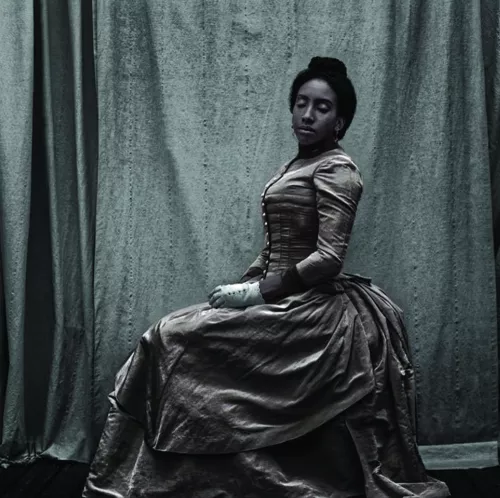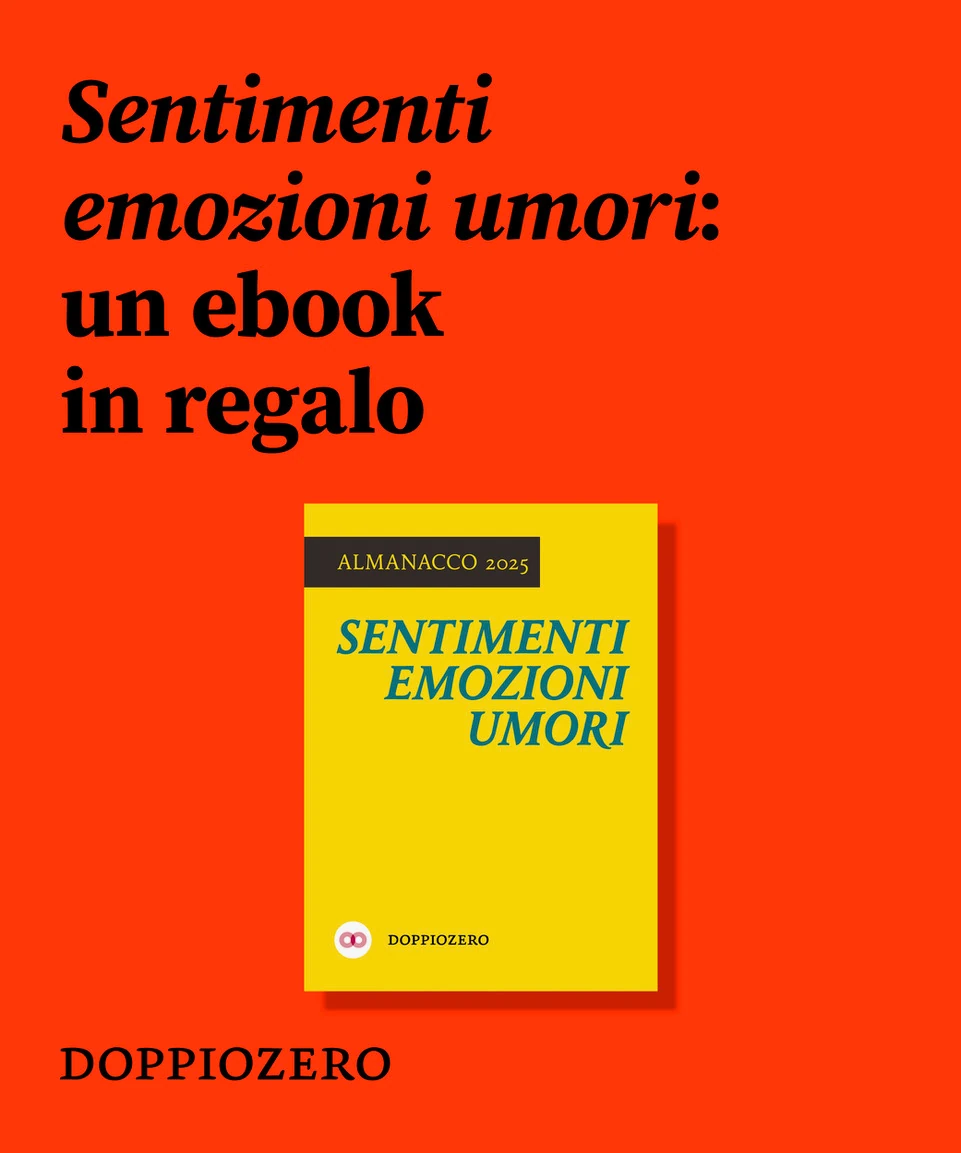Speciale
The year of the monkey
The rules are now set and the game has become boringly predictable.
Late in the night – generally between Thursday and Saturday – a white person of some repute, whom many, including blacks, had previously thought to be a more or less decent human being, suddenly loses it and goes hysterical.
Hidden behind an open screen, and more often than not under the spell of some intoxicating substance, he or she records on Facebook, Twitter or any other available digital media platform an idiotic, repugnant and disjointed set of utterances.
Most of these are often lifted almost verbatim from some of the crudest dictionaries of colonial racism.
The coming out of closeted racists often takes the form of an exercise in vulgarity. This entails hurling profanities at black South Africans – or Africans whose humanity is thus put on trial and, as in the most recent past, thoroughly debased.
This form of nano-techno-digital lynching is often indiscriminate and usually followed by all manner of apoplectic indignation.
The dust usually settles once a reluctant apology has been extracted from the formerly disguised racist.
But deep down, the presumed culprit and his or her tormentors know very well how patently insincere and inauthentic such a theatrical gesture is.
So it goes – at least until the next round when the same refrain is intoned, unleashing in return the same storm and the same histrionics.
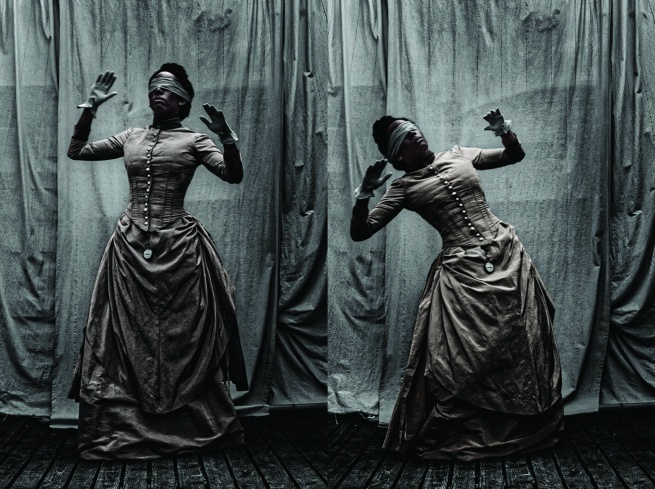
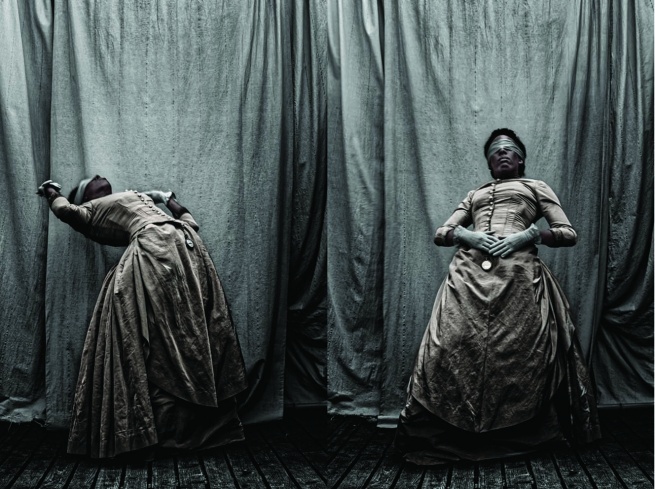
That on a matter as fundamental as racism we settle so quickly for so little can only mean one of two things: either South Africa does not expect much of itself, or the country is riddled with so much bad faith that it has kept telling itself lies that neither its citizens nor the world at large are prepared to believe any longer.
Otherwise, how does one explain the fact that at every turn the same invitation to complacency seems to prevail? We might not have defeated racism, we are told. But at least, unlike other societies, we engage with racism overtly.
Such a negative comparison is usually followed by a call for yet another round of robust national conversation, as if another one of those endless talk shops that never result in anything but more bad faith will stem the rising tide of racism in the country.
If, under Mbeki, anti-black racism was forced to retreat into the private sphere, the Zuma years have seen its forceful re-emergence in the public domain.
Racists of all stripes have been emboldened by the endless spectacle of venality, cronyism and incompetence.
Conveniently forgetting decades of white cruelty and misrule, they now pretend that things used to be better under apartheid.
Since blacks took over the reins of government, goes the story, the country has been journeying on the road to a full-blown kleptocracy.
The racist brigade believes Zuma and his sidekicks have redeemed whites from any sense of guilt, shame and responsibility.
Rightly or wrongly, Zuma in particular seems to confirm the worst stereotypes that racist South Africa has always entertained about blacks and their mores.
To recover the lost ground, a number of things need to be done urgently.
The end of apartheid did not bring anti-black racism to its knees. This racism is neither accidental nor anecdotal. It is structural, cultural and systemic.
Only a sustained and systemic assault can defeat it.
Such an assault must begin with the reconstitution of intellectual capital, without which we can hardly get a grip on the ongoing transformations of racism locally and globally.
More institutions or programmes devoted to applied research into the changing faces of race and racism in contemporary South African life are needed.
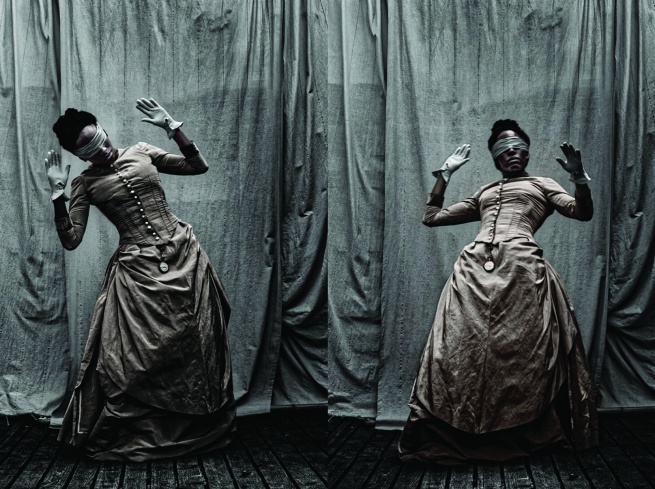
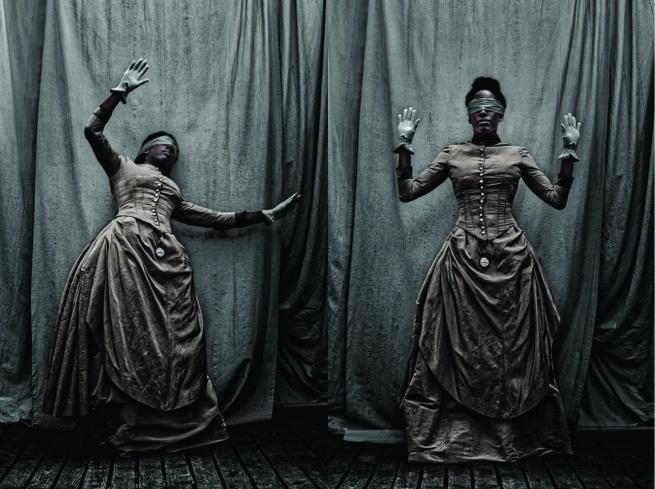
For the last 22 years, government has adopted a laissez faire attitude on matters related to the fight against racism.
It is now time to set up a national organisation devoted exclusively to monitoring deliberate acts of racism, to reporting on racist incidents and, where necessary, to ensuring that the most blatant of these are systematically prosecuted.
For such an organisation to be fully effective, it must be endowed with a legal fund.
And it must seek to unleash a broad social movement against racism that includes trade unions, business, churches, universities, the arts and civil society in general.
It is also time to beef up existing legislation and, where necessary, introduce new laws to combat racism.
If indeed apartheid was a crime against humanity, any apology of apartheid – under any form – should in turn be criminalised.
Online racism represents one of the most pernicious forms of bigotry in contemporary South Africa. How do we crack down on online hate speech without curtailing free speech?
As long as property and financial relations remain skewed, and levels of inequality keep spiralling, not much will be accomplished on the road to a non-racist society.
Can we deracialise property relations without incurring the wrath of the transnational capitalist classes?
The official walls of segregation may have fallen, but the drive for self-enclavement has never been as alive as it is today.
To break the walls of ignorance and indifference, especially among the younger generations, a future-oriented, nonpartisan youth policy that privileges extracurricular activities and nurtures cross-racial friendships is desperately needed.
Countless experiments in bridging the colour gap are happening across the land. They must be given more voice and more recognition in the public sphere.
Now is the time to steeply raise the cost of being racist in South Africa.
To achieve this goal, we need to create an environment where to be racist amounts to putting at risk one’s fortune, reputation, professional standing and friendships, and one’s international connections.
We must make the life of the racists in our midst so uncomfortable that their only remaining option will be to pack up and leave.
With the support of 
